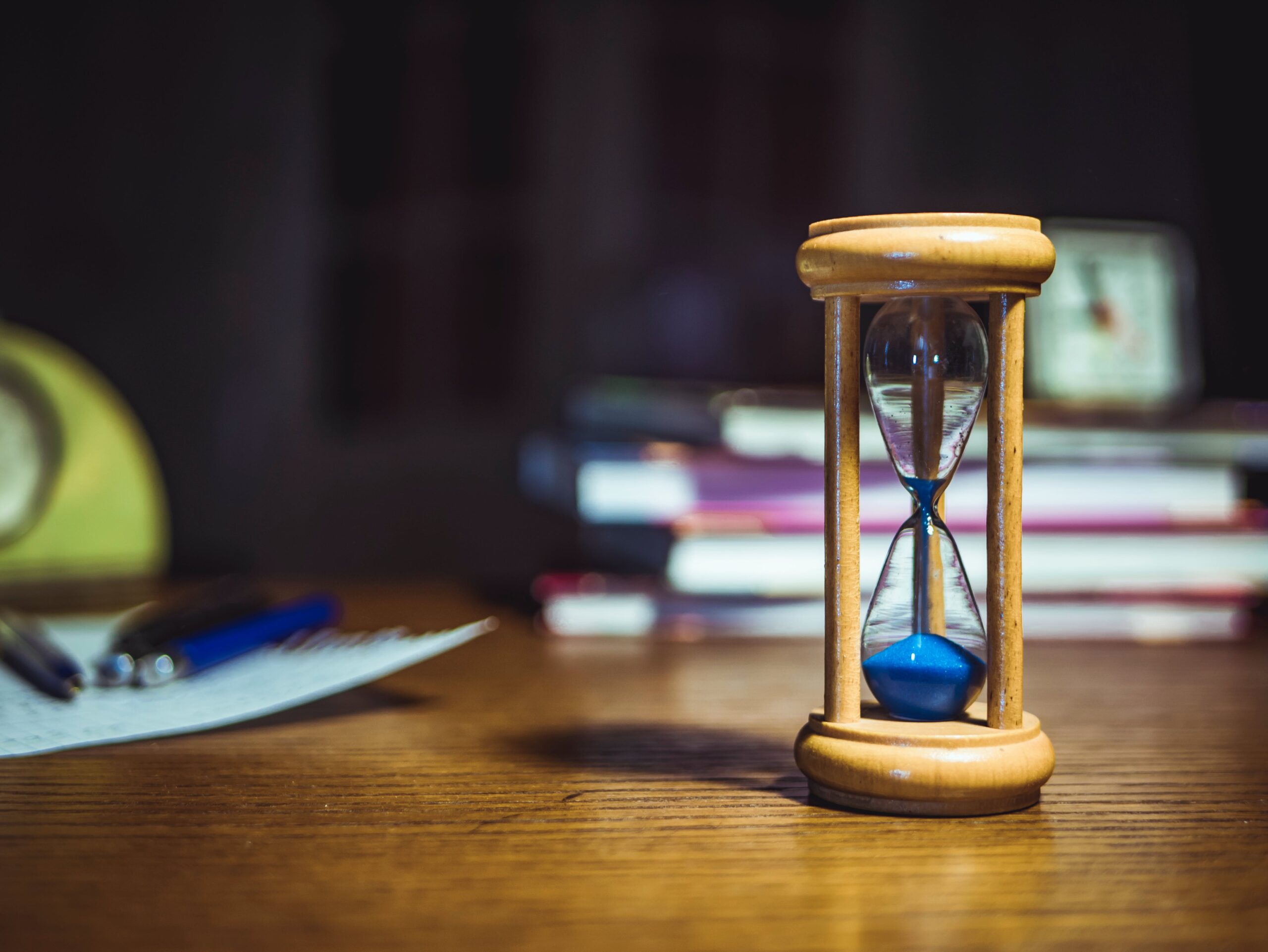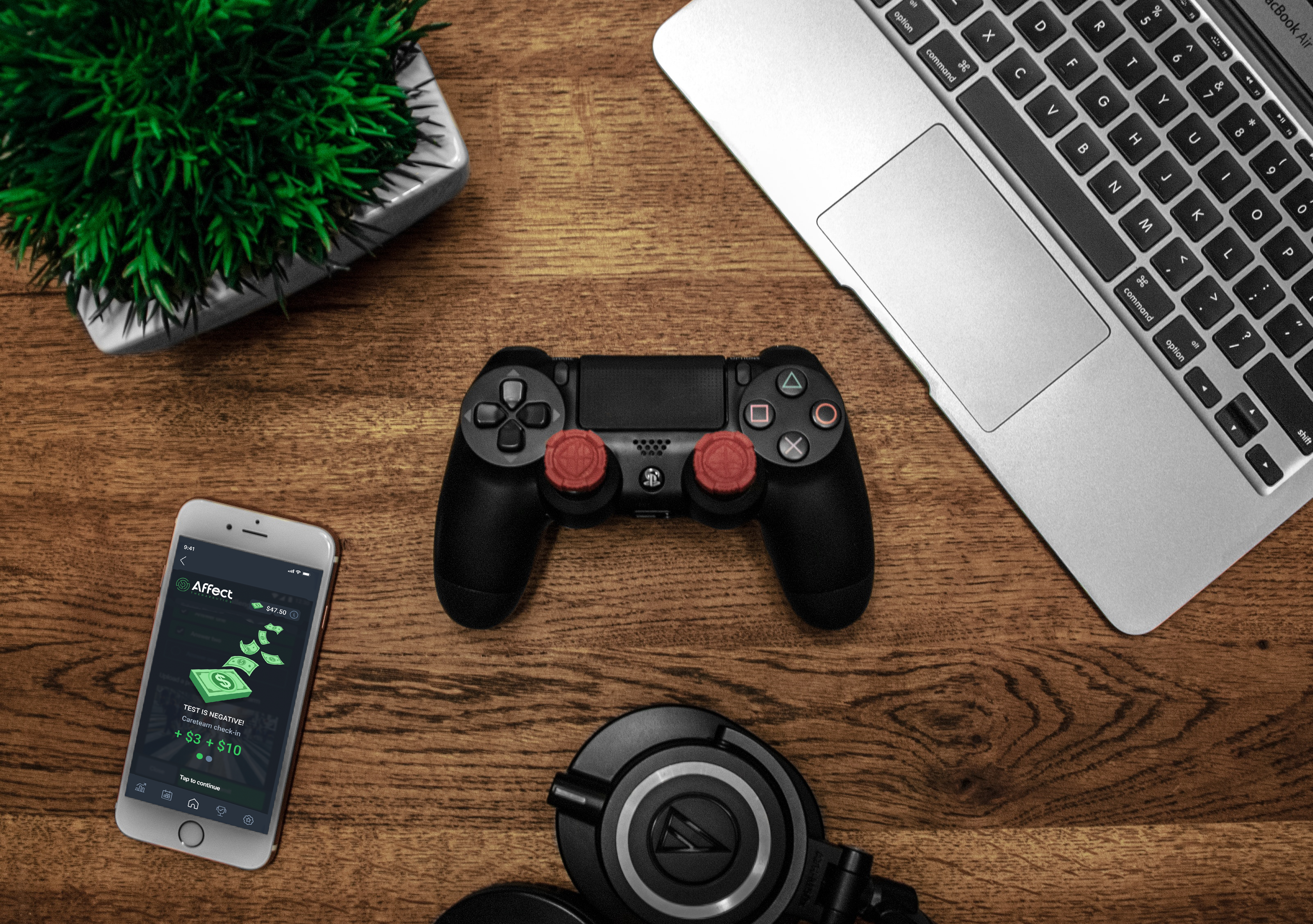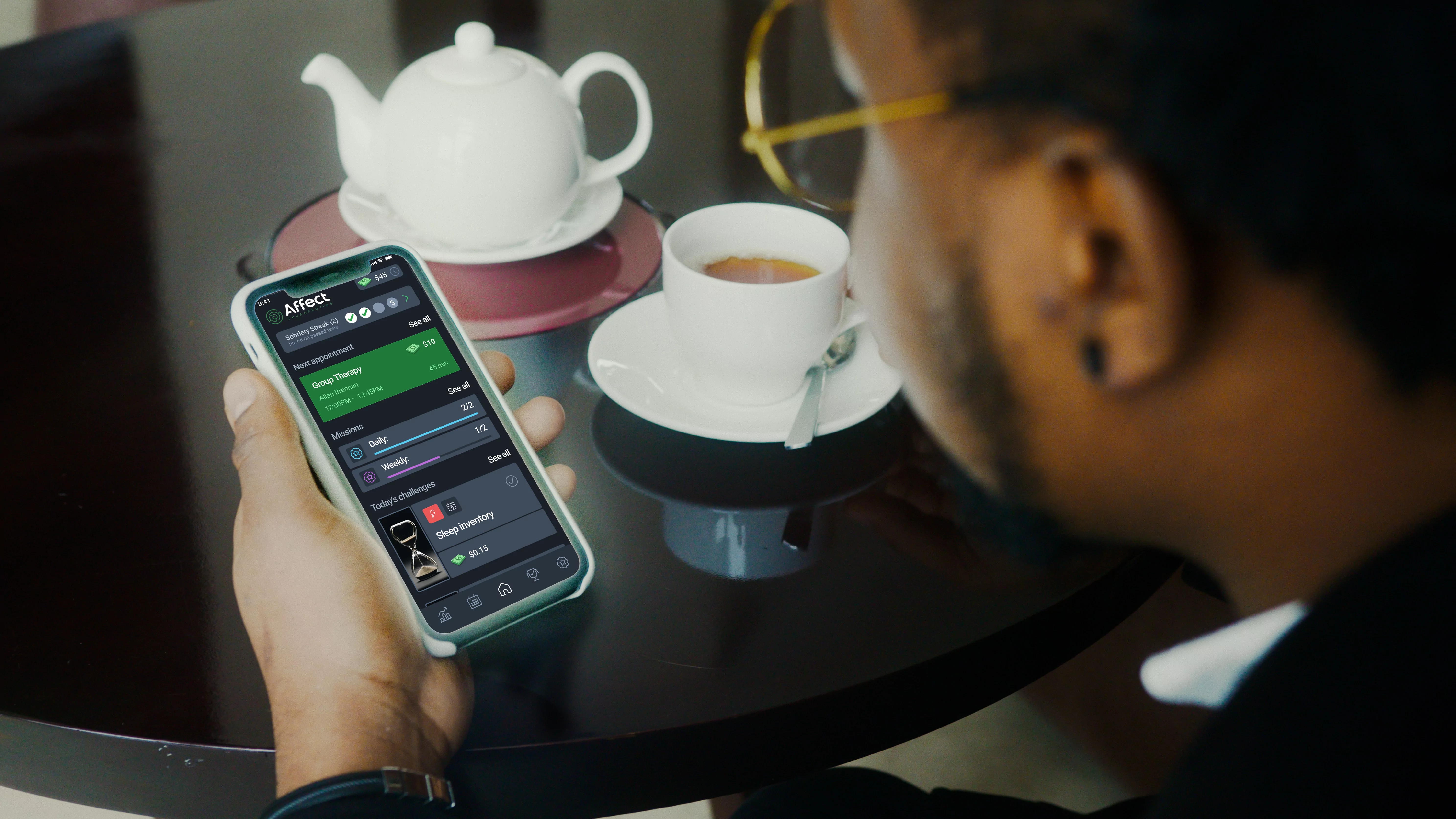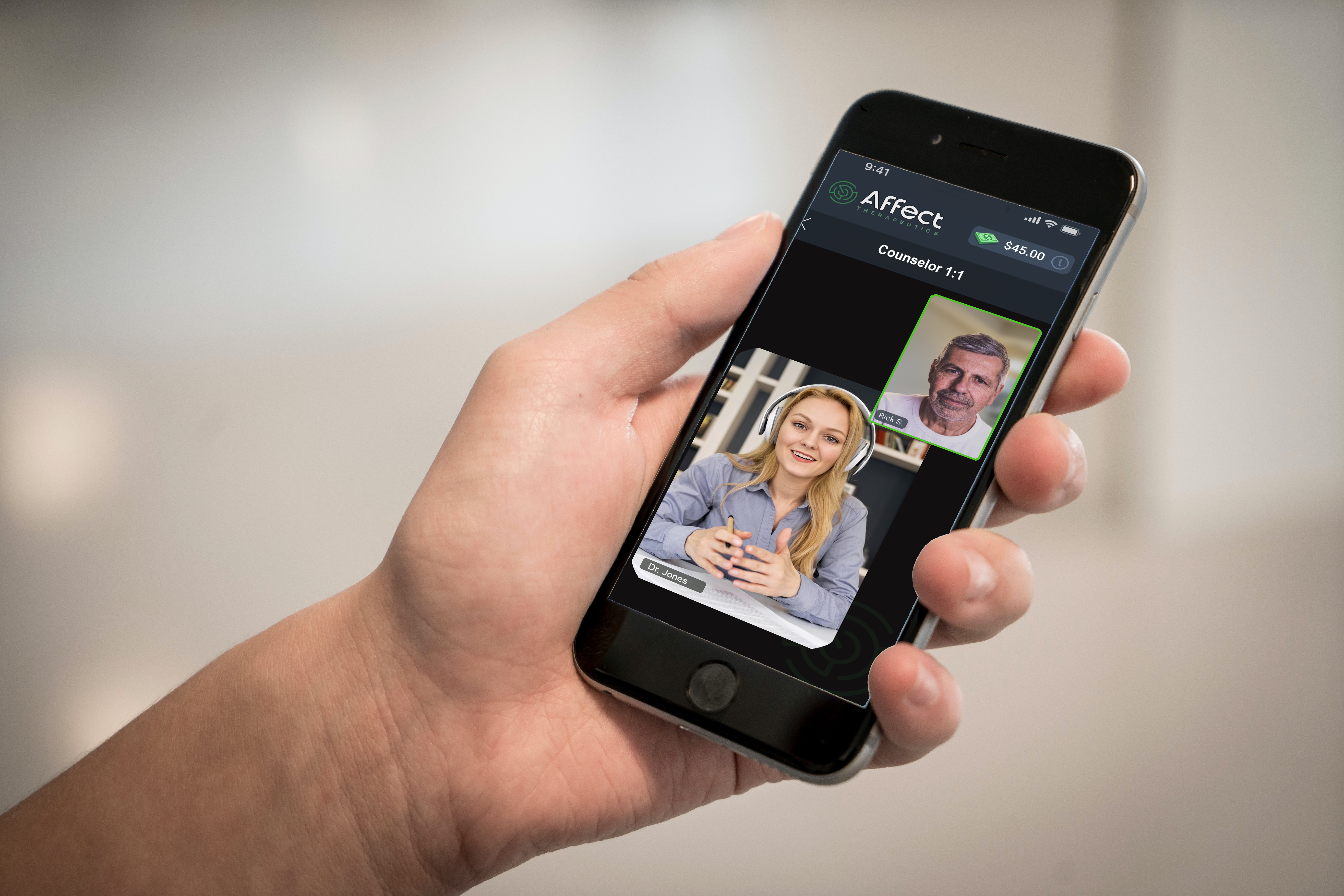
How to get ready for your quit date
You’ve picked the date to quit drinking and stop using drugs, follow these tips to set yourself up for success
You’ve made the resolution and chosen a date to quit drinking and using drugs. A healthier, happier life that you control is in your future. The journey starts with believing in yourself and your power to change. You can do this.
As you count down the days to your new life, this is the time to start preparing both mentally and practically. Here are some tips to help you taper down, change behaviors, eliminate temptation and triggers, and ultimately make your recovery journey smoother and more successful.
Let’s start with tapering down.

Tapering Down
Gradually reducing your substance use can help lessen withdrawal symptoms and cravings. Set specific daily or weekly limits for yourself, and stick to them. This will make the transition to sobriety less daunting. Consider keeping a journal to track your progress and triggers.
The way to do it is to cut by percentages over time. You want to get to a place where you have more sober days than non-sober ones.
If you drink or use every day, you can start by cutting out one day, then try two, then try three. Instead of drinking four drinks, you can choose to drink three. In a week, cut it back to two. Choose manageable goals you can achieve.
This one is really important for heavy drinkers: Dramatically cutting back or quitting completely is actually dangerous. Alcohol withdrawal can be deadly. In these cases, it’s necessary to have medical supervision who can take care of you if something goes bad. If you drink heavily every day and experience things like shakes when you haven’t had a drink in a while, you should talk to an addiction treatment professional who can help you.
Another method in tapering is substitution for what you’re eliminating. There are a lot of different non-alcoholic spirits and beers available, try alternating them with your alcoholic drinks. Cannabis users can alternate THC with CBD or use a strain that balances both. The point of tapering is to use less and not chase the big buzz every time.
When you do succeed, acknowledge your success and reward yourself. How you do it is up to you, but it helps to find something meaningful and special. In your journal, you can make a note of how much you would spend on that drink or hit that you are going to eliminate in your taper. You could use this to treat yourself to a little something.
If you find yourself struggling to stick to your goals, don’t lose hope or get discouraged. Keep trying. You can reach out to us and get some help. It is not necessary to be completely sober to be in Affect’s program, and our system of rewards is scientifically proven to help motivate you to reach your goals.

Seek Support
You don’t have to go through this alone. Share your plan with a trusted friend, family member, or counselor who can offer encouragement, guidance, and accountability. Some people struggle with feelings of shame and have difficulty reaching out, but they are always surprised to find that people who love them want the best for them. Don’t be afraid.
Research has proven that community is a key component to a successful recovery journey. It’s said we find out who our real friends are when we quit, and who were just our drinking buddies or users. We build new positive relationships with people who want the best for us, instead of wanting something from us as we strengthen the ones with the people who really matter.
Affect’s program has group therapy and there is a community within the app where people support each other and share openly without any judgement. It’s a safe space of healing and completely confidential. If you’re struggling and feel alone, there’s support waiting for you.

Identify Triggers
Understanding what prompts your drug and alcohol use is crucial. Identify situations, people, emotions, or places that trigger your cravings. Once you pinpoint these triggers, you can take steps to avoid or cope with them.
When you find yourself saying something like “I need a drink” after something happens, you don’t have not have the drink if that stresses you out. Pause for a moment and take note of what prompted you to say it. If you find yourself reaching for a drink or drug without thinking about it, pause again and make a note of the habit. You can address it later.
This is a huge part of lasting recovery. Some addiction counselors will say that what we’re really addicted to is avoiding discomfort and alcohol and drugs are what we use to do it. The difference between just being “dry” and being in recovery is that recovery is lasting. When it is difficult to not pick up that drink or drug, your recovery program gives you the tools to resist.

Develop Coping Strategies
Instead of turning to substances, look for different ways to cope with stress, anxiety, and other emotions. Explore healthy activities like exercise, meditation, hobbies, or creative outlets.
These may be things you’ve never done or think you can’t do. And that’s a common part of our negative self image that is wrapped up in why we turn to drugs or drinking as escapism. Self-limiting beliefs have to go so we can live a fulfilling life and start believing in ourselves. What is something you’ve always wanted to do, but haven’t? Start dreaming about the possibilities.
Healthy activities and outlets are what really bring us rewards, but we can’t always appreciate them when we’re so focused on old negative habits. Over time, our bodies get healthier and stronger with exercise, we develop new skills, and things that we truly enjoy without regrets or negative consequences.
Affect’s challenges help build new healthy habits to replace old healthy ones, and you will win financial rewards as you complete them. It makes the process of developing new coping skills and behaviors more productive and you make progress faster.
These rewards help you get the toxins and substances out of your body and brain so you start thinking more clearly. As you get that clarity, you start to see and appreciate the real and lasting rewards in the life you are creating for yourself.

Prepare your Environment
Start decluttering your living space of any reminders of your substance use. Begin getting rid of empty bottles, drug paraphernalia, or anything that may tempt you.
As you do, you could start to think about ways to change your space, rearrange or redecorate. We know about the power of rewards to motivate us. Here’s a chance to set a healthy and positive reward for a recovery goal.
There may be something you want to get for your living space like a new piece of furniture or a device or a decoration. Treat yourself to it when you succeed in your tapering goal. Every time you look at or use it, let it remind you of your power and how you are going towards what you want and not being held back by drugs and alcohol.
You may think you can’t afford this thing, and this can be a moment to tie together what drinking and drugs are costing you. In your journal, make a note of how much you would spend on that drink or hit that you are going to eliminate in your taper.
Spend it instead on something more meaningful. It can be as simple and inexpensive as a candle you can light and look at for inspiration, reminding . Or it could be a little game you can play to distract yourself when you get a craving. You can also save it up and work towards something big. Maybe it’s a ticket to an event on your quit date.
Our program’s system of financial rewards for completing steps in your recovery journey work in this way. Not only do you save the money you’ve been spending on drugs and alcohol, you earn something more.
It all adds up to something that’s priceless – a new and better you who is fully present in your life and in the lives of those around you.

Create a Routine
Managing your time is just as important as managing your living space. Set up a routine or write up a plan of what kind of routine you want to have.
A daily schedule helps create structure in your life. Include things like a sleep schedule, when to take walks or exercise, time to journal or meditate. These regular things build new habits over time. These habits help us cope.
Remember it takes time and there will be some slip ups along the way. If you don’t stick to your schedule, be compassionate with yourself and keep working towards improving a little bit each day. Use the power of rewards to motivate you to achieve the goal of a good routine.
You can expand your daily schedule into a weekly one. Look for some activities in your area, perhaps some classes or events that you might want to take part in. Volunteering is particularly powerful in bringing us positive feelings.
These activities can come with the added benefit of finding a new community of people who gather around an interest and something enriching. This will replace going to a bar and hanging out with people who are just drinking buddies. You can form deeper relationships.
Your new routine helps you occupy yourself. Get busy and you will dwell less on thought loops around drinking and using. Affect’s program works to help people build routines, one of our first places is helping people get to sleep – it’s the foundation of good health and mental function.

Practice Mindfulness
Start reminding yourself to be present in the moment and observe your thoughts and feelings without judgment. Mindfulness can help you manage cravings and avoid impulsive decisions.
Mindfulness takes a lot of practice, and people can get frustrated in the beginning. But you can start small with just a little pause.
The core of mindfulness is paying attention. This is hard when our minds are distracted and our thoughts are racing in early recovery. That’s actually where it starts: recognizing when your mind is ruminating or racing and instead of thinking through those thoughts, pause and observe that they’re happening.
Then, take a mental step back. It helps to vizualize yourself doing this, or even pick up your feet and take a real step. It may seem silly, but it will really break your thoughts when you do it and you’ll have that extra “persepctive” to look at yourself. Stop and look all around you, really paying attention to everything – the sunshine or rain, the leaves on the trees, the blades of grass, whatever is around you wherever you are. Just try to see it all and appreciate how vast and amazing life really is, and that you are a part of it all.
That mental step back is a giant step forward. Mindfulness a lasting skill that goes beyond quitting. It helps you deal with all kinds of stresses and problems that will come along in life. It also brings you a more rewarding and happier life as you grow in appreciation of everything amazing that is happening all the time, but you never noticed before.
Our program helps people learn the power of mindfulness and includes challenges to help develop it.

Educate Yourself
Understanding the science of addiction and recovery is empowering. It can help you see the bigger picture and recognize the importance of your decision to quit.
It’s unfortunately common that people think of addiction as a weakness of character when it isn’t. Addiction is a chronic medical condition, like diabetes or heart disease, that must be managed into remission. The shame and stigma keeps people from getting help. Maybe you’ve experienced this yourself and can relate to it.
Most importantly though, knowing more about addiction science shows you how to really quit and why it works. You’ll learn that drugs and drinking change parts of your brain, particularly its rewards center that makes you feel good.
You can then start to see how a program like ours with rewards is activating that part of your brain and training it to work naturally again. Our program was designed using the latest science and research in what we know about the brain and addiction, as well as what we know about behavior change. We use the power of technology to provide a solution to what seems like a hopeless problem.
You can find out more about the science of addiction here, and you can find even more inside the app.

Plan for Your Quit Day
In the days leading up to your quit date, create a detailed plan for that crucial day. Take everything you’ve learned and observed about yourself these past weeks. Decide what you’ll do if cravings strike, and have a list of emergency contacts or helplines readily available.
You’ve made your daily routine and made progress getting into it. You’ve gotten all the substances and paraphernalia out. Your friends and loved ones are there to support you. You’re ready. You’ve got this.
We have a choice in how we view things. Our quit day can be something we dread or a day we mourn because we’ll never have that glass of champagne at a wedding or something like that again.
But we can choose to really see it for what it is: An exciting new beginning when anything becomes possible. A year from now, your quit date becomes an anniversary you will celebrate going forward. Many people in recovery say they actually have two birthdays – the day they were were born and the day they were reborn because they stopped dying and started living.
In addition to planning for avoiding disaster, you can make plans to spend a day doing something fun and amazing that doesn’t involve any drinking and drugs and is far away from where they’re available. Take a friend along as your companion. It’s not a day you want to spend alone.
If you’ve saved up the money you saved in the taper, your quit date is the perfect day to give yourself that big reward you’ve promised yourself. You’ve earned it.
Of course, your quit date is the perfect day to have your first meeting with your Affect counselor if you haven’t already.

Consider Professional Help
Although you’re setting a quit date in advance, you don’t have to wait until then to begin with counseling and treatment. Starting now can provide you with invaluable tools, strategies, and support that will better prepare you for your quit date.
Unlike many other programs, you don’t have to be completely sober to start with Affect and you won’t be kicked out for a relapse. We develop a personalized plan and work with you to reduce until you’re healthy.
People enrolled in the program and getting full support cut their use in half or more within the first month. Where could you be on your quit date if you enrolled in Affect today and got that help?
Remember, recovery is a journey, and setbacks can happen. If you slip up along the way, don’t be too hard on yourself. It’s a learning experience, and you can always get back on track. What matters most is your commitment to yourself, your health and your well-being.
We’re so proud of your decision to embark on this path to recovery, and you can be proud of yourself for making it. You have the strength and determination within you, and with the right support and tools, you can achieve your goal. We’re here for you every step of the way, and we believe in your ability to make a positive change in your life.
